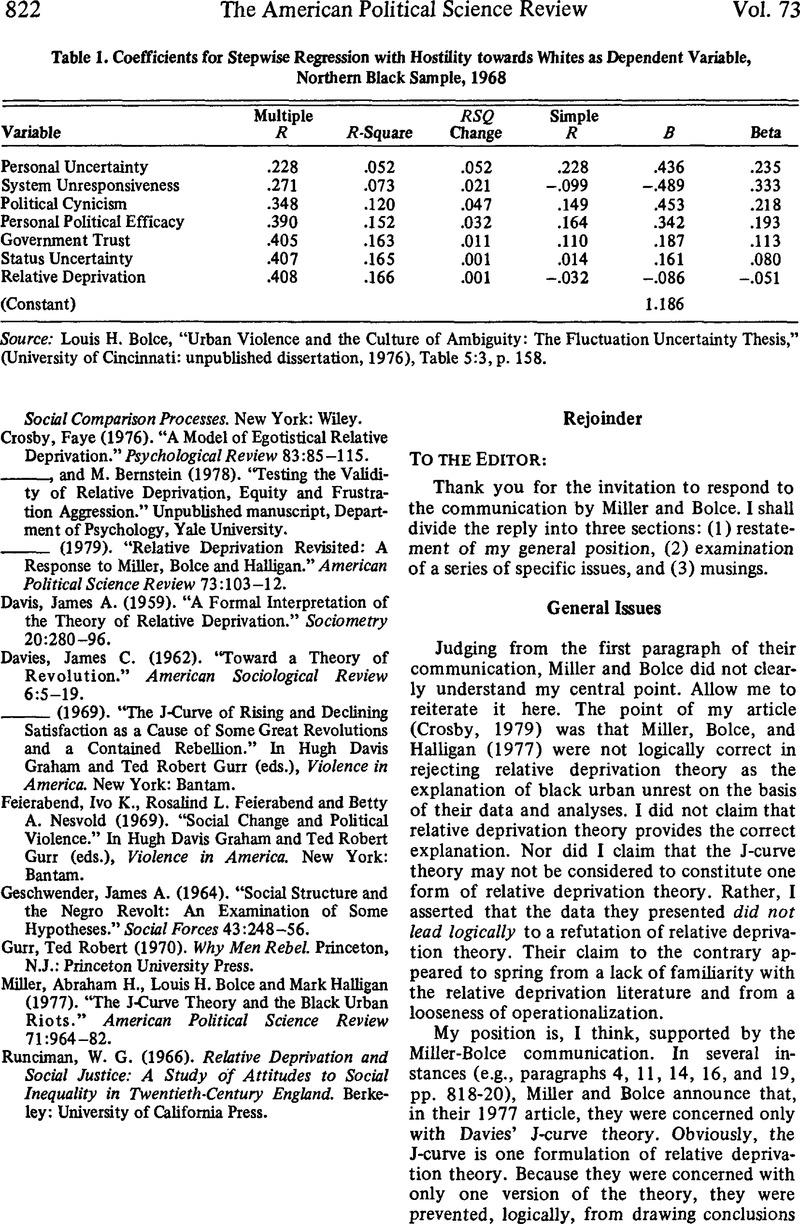Crossref Citations
This article has been cited by the following publications. This list is generated based on data provided by Crossref.
Crosby, Faye
and
Gonzalez-Intal, A. Miren
1984.
The Sense of Injustice.
p.
141.




Comments
No Comments have been published for this article.